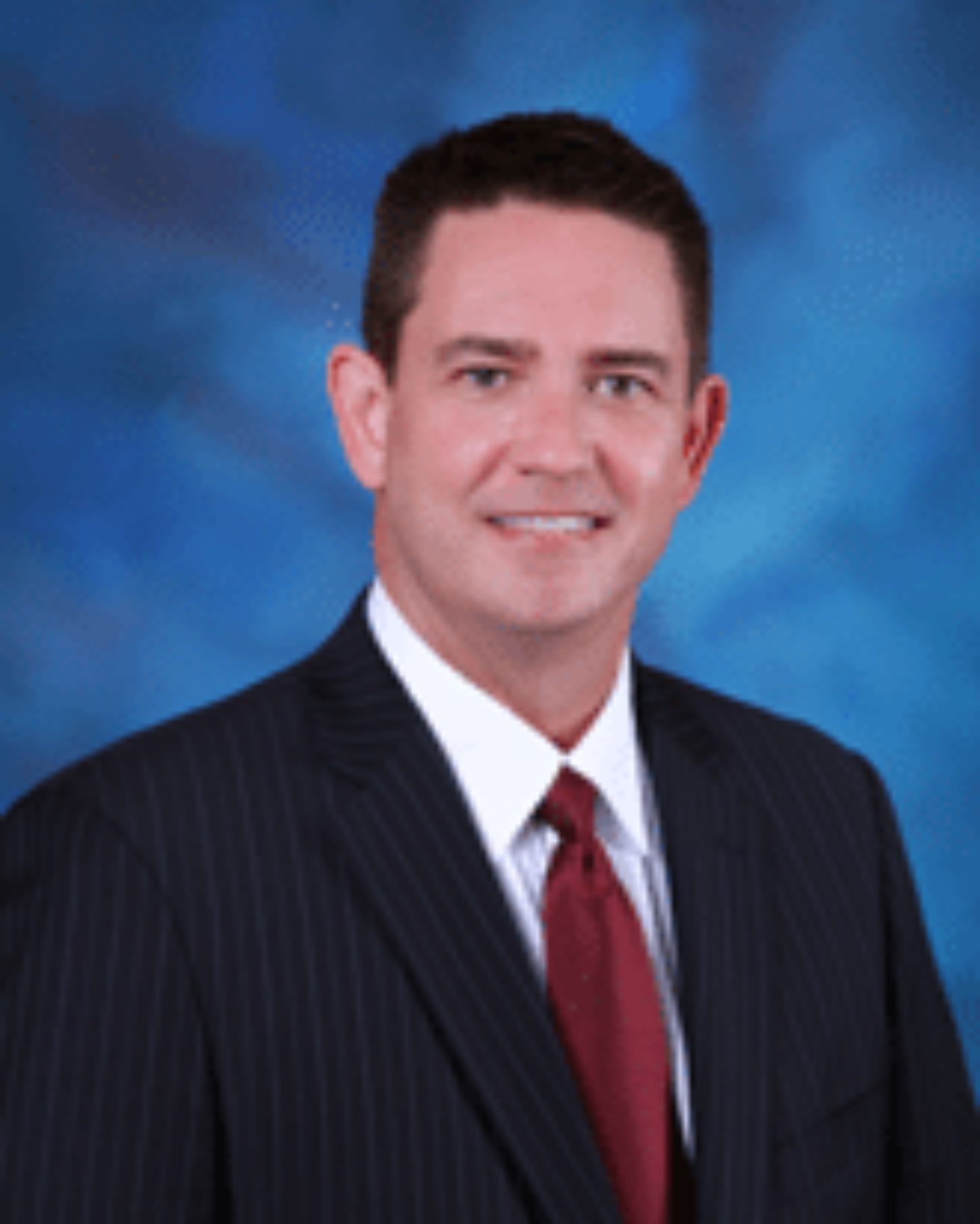
By Mike Klein
Governor Nathan Deal’s new hand-picked executive-in-charge of child protective services says, “If you’re part of the bureaucracy and you’re part of the problem, your days are done.”

Editor, Georgia Public Policy Foundation
Thursday afternoon the Governor’s Office said Bobby Cagle will become interim director at the Division of Family and Children Services (DFCS), effective Monday. Cagle moves from the Department of Early Care and Learning where he has been commissioner since his appointment by Deal in 2010.
Cagle told the Georgia Public Policy Foundation his assignment will be to evaluate everything and make any recommendation.
“I intend to go in with a very critical lens, look at all that we have going on, the people that are in place and my charge is clear from the Governor, assure safety and do what’s needed,” Cagle said Thursday. “That includes changing policies, changing personnel, asking for additional resources, anything that needs to be done, he has cleared the way for me to do it.”
Child protective service has been a division inside the state Department of Human Services. As soon as next year it could become a stand-alone agency, a change that would require legislation. “I guess that’s a potential,” Cagle said. “Rather than speculate what I would say is the Governor has told me to do whatever it takes to assure that the department is running appropriately. If that includes the creation of a (new child protective services agency) I will recommend that.”

NATHAN DEAL
Georgia child protective service has long suffered from, and some would say has earned, its reputation for inefficiency and failure to protect children. Success does not make headlines; success does not end up on the evening news. The deaths of two children last year who were in state protective services further ruptured faith in policies and personnel, and generated massive negative headlines about Georgia child care.
What a difference six months makes. In January Deal announced that his administration would fund 500 new caseworkers over three years. In March he created a child welfare reform council. Thursday Deal installed Cagle and new interim deputy director Katie Jo Ballard to manage DFCS and he ordered that DFCS report directly to his office, bypassing the Department of Human Services senior administration.
“What you can say is decision making has moved very close to the Governor,” Cagle said when we spoke at Emory Law School where he attended the second meeting of the Governor’s child welfare reform council on Thursday. Throughout our discussion Cagle frequently used the word urgency, specifically, “elevate the urgency around the idea that children are safe.” Safety will become more important than family reunification which has been a long-standing policy.

Cagle started his career as a North Carolina child protective services worker. Later he became a small county child protective services director and then deputy director in the North Carolina’s largest county. Prior to the DECAL assignment Cagle spent more than five years in Georgia child protective services. This move returns him to a public sector that he already understands.
“Child welfare has had some changes nationally over the years but the essential basics of child welfare have not changed,” Cagle said. “It is a matter of assuring that you have good contact with the public, getting those reports in, assuring that they are assigned out timely and that you’ve got an investigator talking to the children, talking to the family, assuring immediate safety and then beginning to work on the problems families may have that endanger children long-term. The essentials of that have not changed and I don’t suspect will. The approaches to how we work on family dynamics, how we do investigations, those have changed somewhat.”
Child protective services is about as complex as you can get in the public sector. Caseworkers interact with families who always are in some or extreme crisis. The lines between truth and fiction are not always clear and it is also true that young children often want to protect the adults who care for them even when those same adults are the ones who neglect, abuse or mistreat them. Caseworkers are not highly compensated and their burnout rate is significant.
So, there is nothing simple about any of this. A serious shortage of foster care homes and how to recruit and keep good foster parents is near the top of the urgent priorities list. “There are many groups that have worked on this for decades,” Cagle said. “We’ll continue to plug away, use the best knowledge that there is and the resources of this department to solve that issue.”
Cagle has another message for DFCS personnel. “If you’re there, you’re committed to children, you’re committed to doing the right things for children and families, then you’re safe.”
Additional Resource:
